Come on people, there has never been a more important time for you to get your parenting sh*t together!
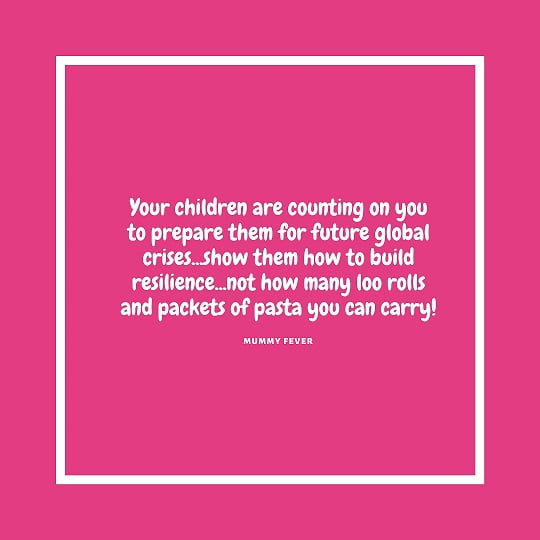
How we respond
Many of us will be familiar with the Kelly Clarkson song (What doesn’t kill you makes you) Stronger! Of course, that very same line is a well known saying. It turns out though that this is only partially true – not everyone has the ability to persevere following some form of trauma.
Whilst some people crumble in the face of adversity, others are somehow able to adapt successfully. Something I find interesting is understanding the emotional quality that not only manages to shield some people from the impact of adversity — but actually enables them to thrive.
This protective emotional armour is called resilience.
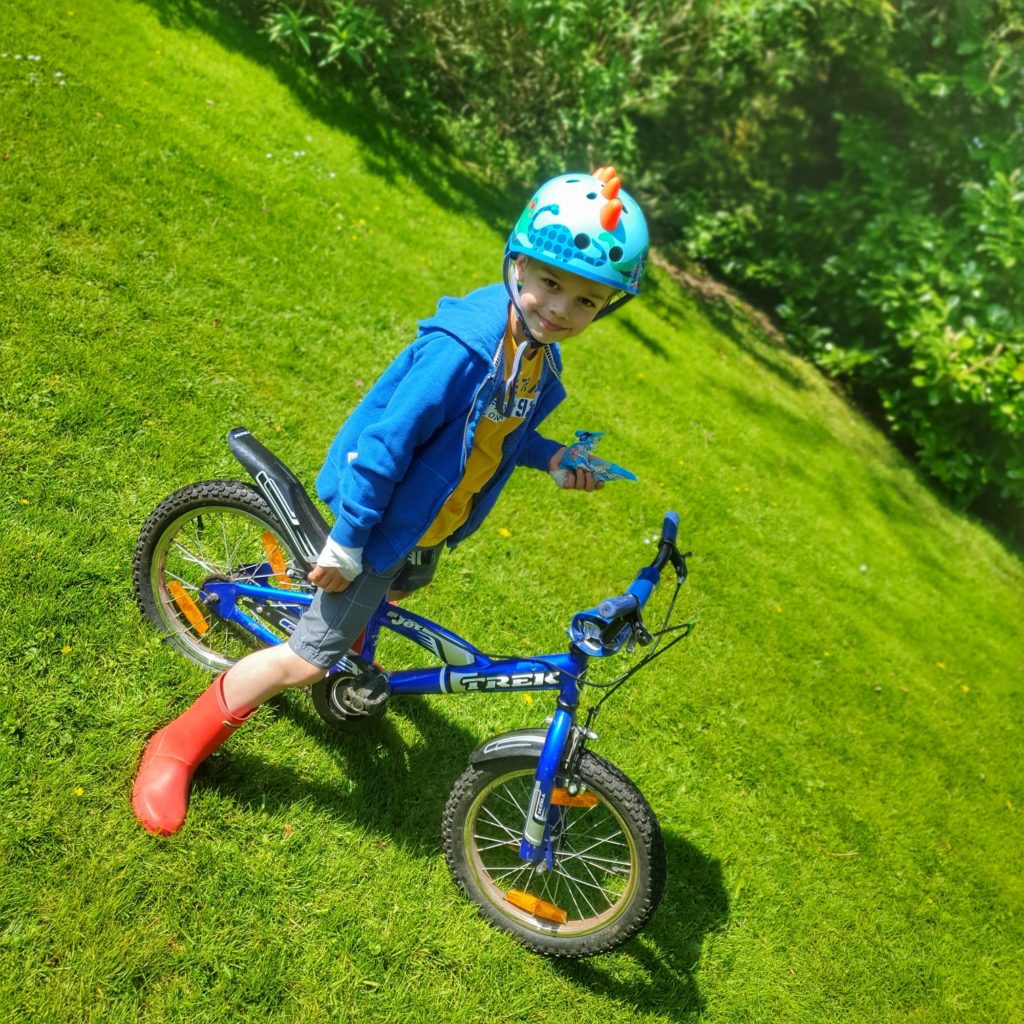
We are in the middle of an extraordinary world crisis. The impact and change to our daily lives from the Coronavirus is far reaching, unprecedented and previously unthinkable. The seriousness of the Coronavirus pandemic has of course meant that much emphasis has had to be placed on the physical effects of the virus, actions to protect against it, and recognition of the physical symptoms as the trigger for self-isolation to protect others. But our mental health and well-being matters too.
Sumo 4 Schools has presented some wonderful advice for families, if you aren’t familiar with their approach, do take a look, their approach and all their tips are incredibly relevant right now and are likely to be of benefit to your children and you as parents.
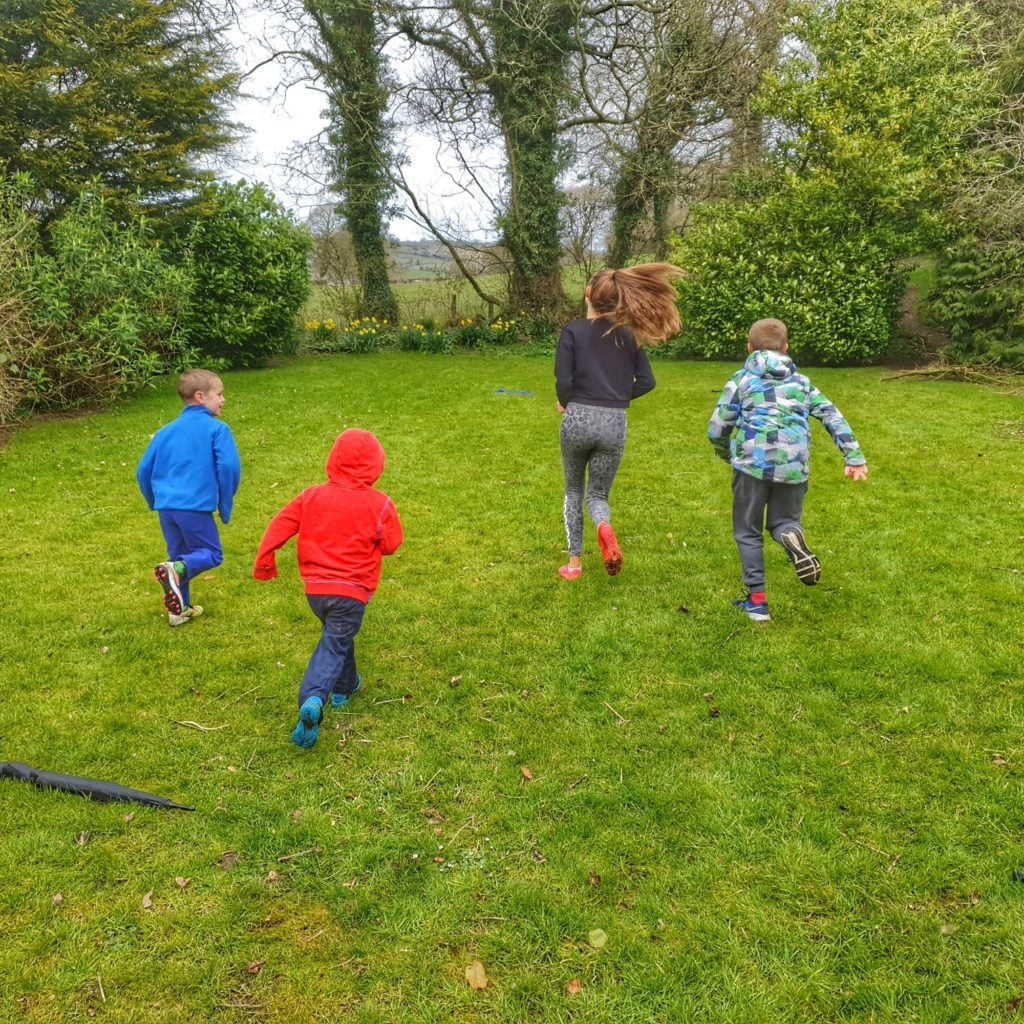
Building resilience in children
When it comes to building resilience in children, the earlier the better. Not only are young people more amenable to change because their brains and personalities are still developing; but, because young children are often exposed to stressors, it certainly makes sense to empower them with resilience-promoting tools early enough to reduce negative outcomes.
You would expect an organisation like the SUMO4Schools Foundation to say that mental health and well-being matters too during a global pandemic and lockdown situation. After all, they promote and teach mental and emotional health and well-being and resilience to children and teachers using the SUMO techniques – that’s their aim.
However, given that the SUMO technique is not only used in schools, but in the corporate world and with athletes – the more I read about it, they more I understand that it can be used with anybody.
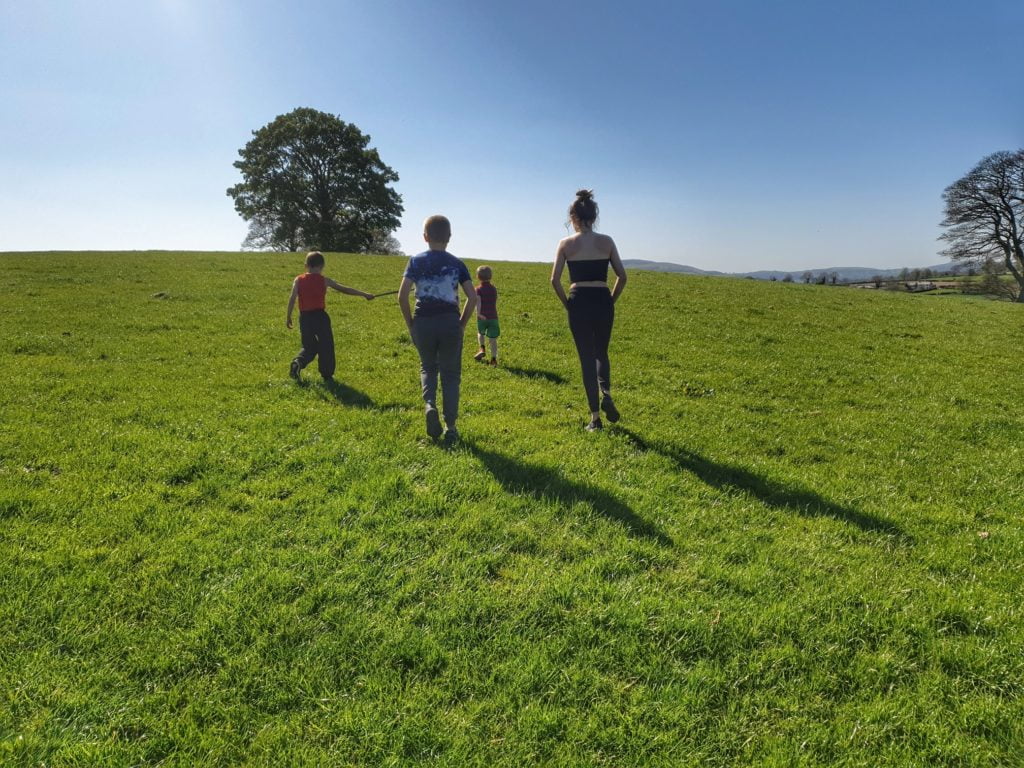
SUMO can help us all to stay mentally healthy and look after our well-being. This means being equipped to take responsibility for coping with the ups and downs of life and embrace and managing all the emotions that goes with that.
Of course, so many teachers and parents will be feeling additional pressure at the moment and many even in a state of overwhelm right now. Teachers have had to quickly adapt from their busy teaching schedules to working out how they can provide some meaningful education at a distance, with very little warning about this. Parents have been spending the last few weeks navigating additional challenges on their families that they were not prepared for, while organising some meaningful home-schooling activities they never expected to have to deal with – in many cases for several children at a range of stages of learning. All of this has been happening whilst people are trying to work from home (if they aren’t a keyworker), and follow a number of disease-prevention measures to keep themselves and their families safe.
This has never happened in our lifetime. Everyone is winging it.
As parents, we are responsible for our children’s memories. We are responsible for how they remember this point in time. We are responsible for the stories they will tell their grandchildren. We are also responsible for equipping them with the tools to deal with the global crises that occur in the remainder of their lifetime.
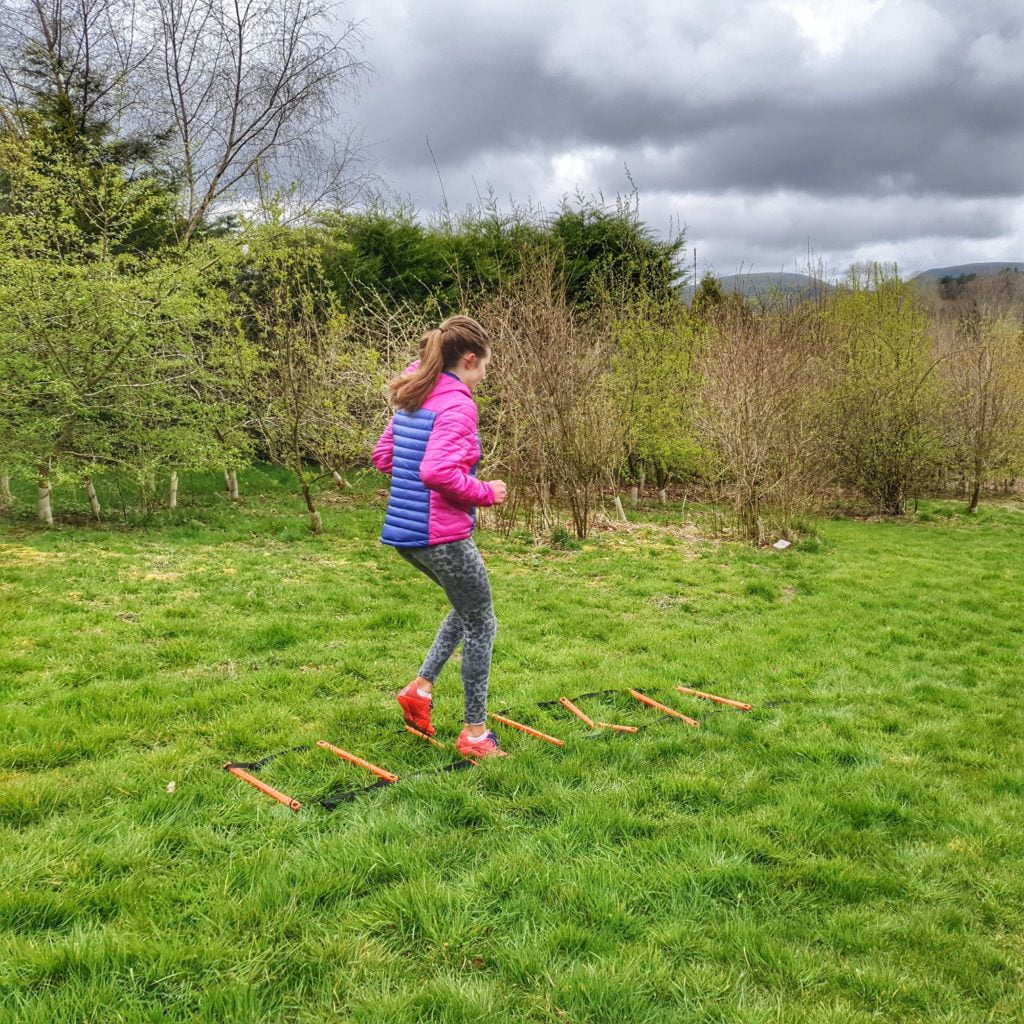
SUMO have created The SUMO Guide to Living & Learning Together ã SUMO4Schools Foundation 2020 to help families navigate their way through this unprecedented time. Children are being significantly impacted by this crisis, having had to quickly come to terms with huge changes to their lives. For so many children routine, familiarity and predictability is hugely important.
Now more than ever, with the pressures of modern life and the impact social media can have on a persons own self worth we need to teach out children to tune out from the noise. Below is the advise SUMO are giving in their guide, which you can access here. The guide itself is packed with useful information – if you read anything during this pandemic, read this!
Build a Strong Emotional Connection
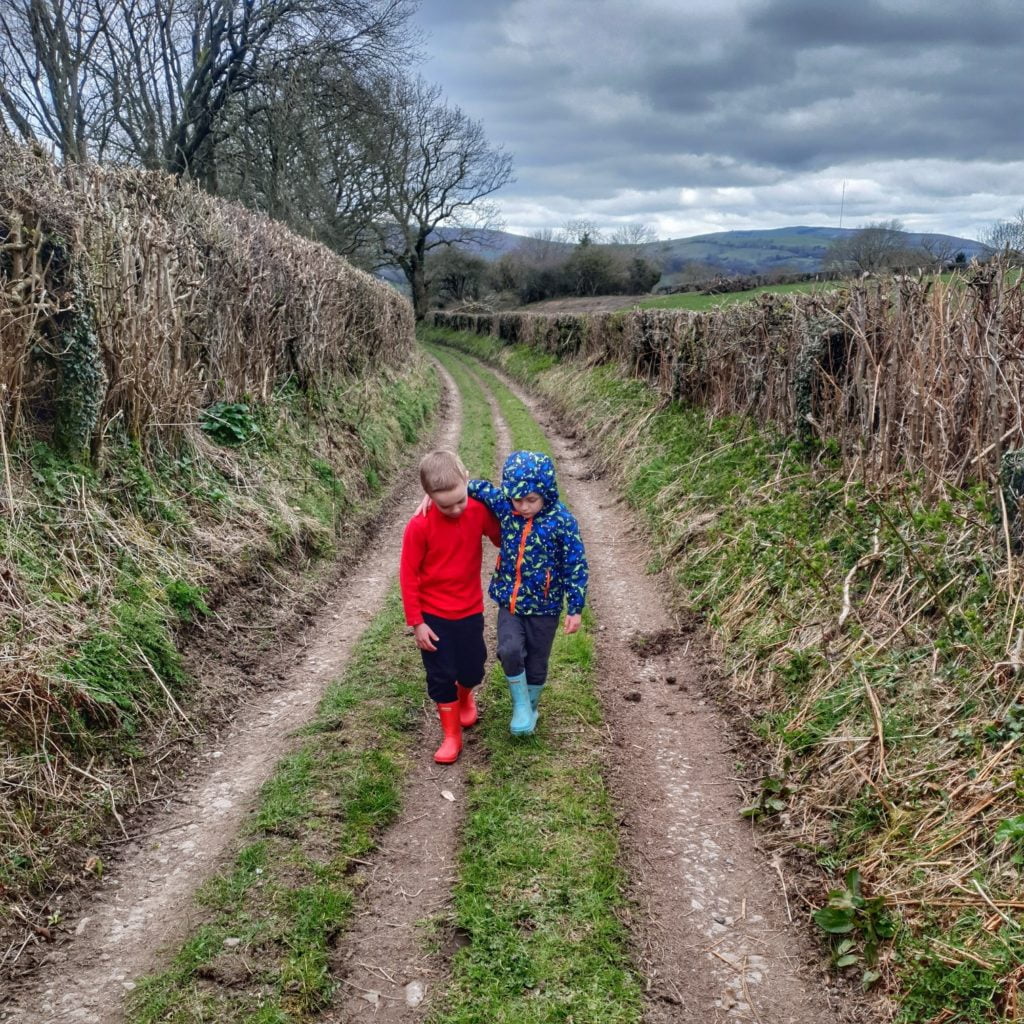
The SUMO advice:
Spend one-on-one time with your kids: Kids develop coping skills within the context of caring relationships, so it’s important to spend one-on-one time with them. This means you need to put down the smart phone and focus on your child. When kids know they have the unconditional support of a parent, family member, or even a teacher, they feel empowered to seek guidance and make attempts to work through difficult situations. Positive connections allow adults to model coping and problem-solving skills to children.
My thoughts:
This isn’t as straightforward as it sounds, especially when you are trying to work and have more than one child who requires this one-on-one time. Having said that, I totally agree that this is hugely important. I try to do the bulk of work when the children are in bed, and during the day I try to have time focused on one child when the others are occupied. It’s not easy, but it’s very important.
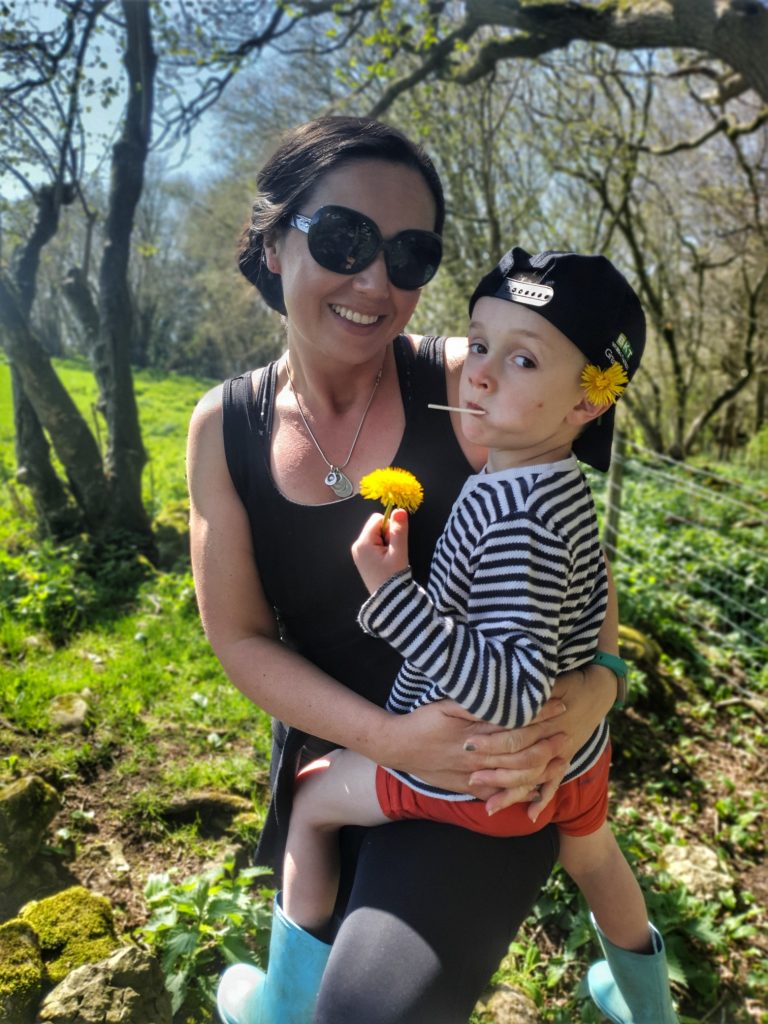
Promote Healthy Risk-Taking
The SUMO advice:
In a world where playgrounds are made “safe” with bouncy floor materials and helicopter parenting, it’s important to encourage kids to take healthy risks. What’s a healthy risk? Something that pushes a child to go outside of their comfort zone, but results in very little harm if they are unsuccessful. Examples include trying a new sport, participating in the school play, or striking up a conversation with a shy peer. When kids avoid risk, they internalise the message that they aren’t strong enough to handle challenges. When kids embrace risks, they learn to push themselves.
My thoughts:
We’ve adopted this approach a great deal during lockdown. One of the children has learnt to ride their bike without stabilisers, they’ve tried physical challenges they wouldn’t normally and been more independent in the kitchen, experimenting with baking all sorts. The result has been that they’ve made huge strides forward in essentially a short space of time.
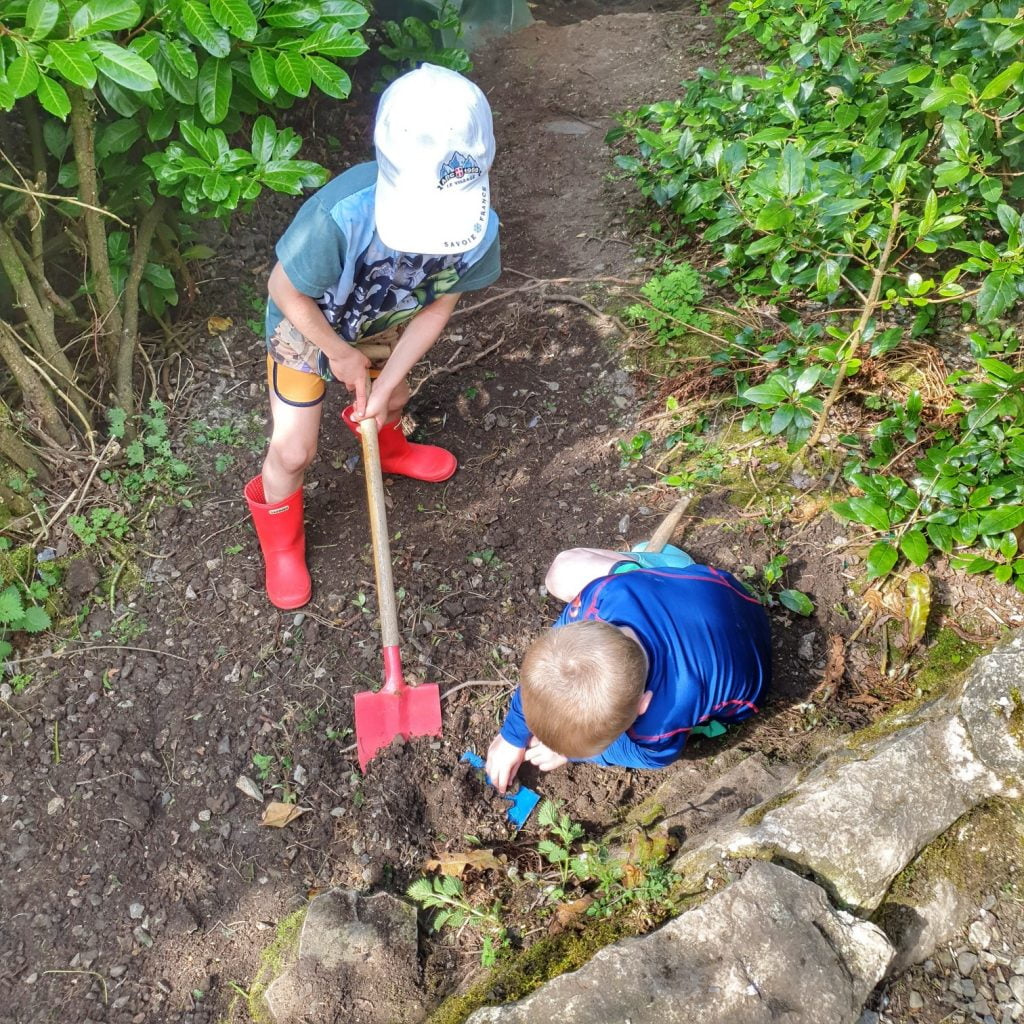
Resist the Urge to Fix It and Ask Questions Instead
The SUMO advice:
When kids come to parents to solve their problems, the natural response is to lecture or explain. A better strategy is to ask questions. By bouncing the problem back to the child with questions, the parent helps the child think through the issue and come up with solutions.
My thoughts:
I’ve used this a lot lately. I will say “well what do you think?”, “go and have another try and then come back”. Most of the time they’ve solved something on the second attempt. I was always taught to only ask for help when you really need it, if you try and you really can’t do it, of course you can have help, but don’t ask for help before you’ve tried.
Teach Problem-Solving Skills
The SUMO advice:
The goal is not to promote rugged self-reliance. We all need help sometimes, and it’s important for kids to know they have help. By brainstorming solutions with kids, parents engage in the process of solving problems. Encourage kids to come up with a list of ideas and weigh the pros and cons of each one.
My thoughts:
I love this approach and we’ve used this a great deal with homeworking tasks.
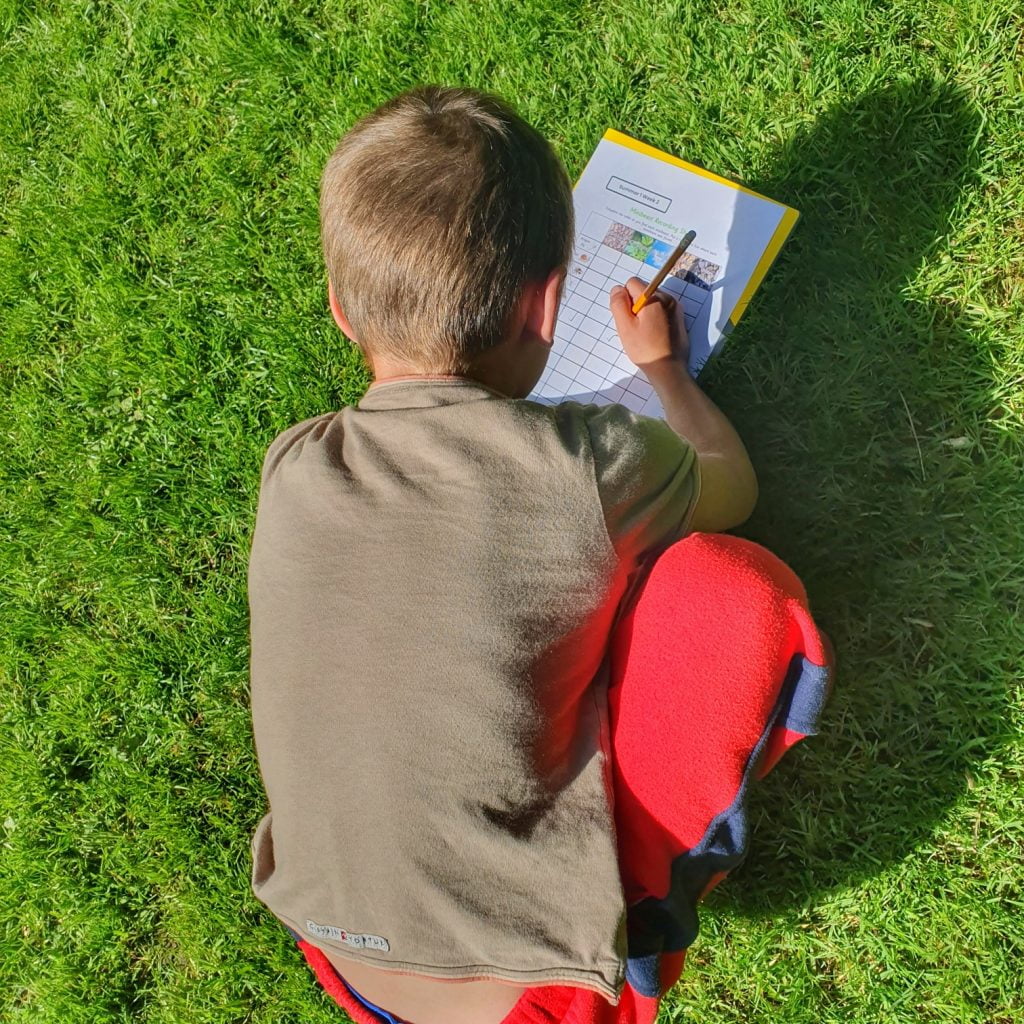
Label Emotions
The SUMO advice:
When stress kicks in, emotions run hot. Teach your kids that all feelings are important and that labelling their feelings can help them make sense of what they’re experiencing. Tell them it’s okay to feel anxious, sad, jealous, etc. and reassure them that bad feelings usually pass.
My thoughts:
I think this is hugely important as emotions can easily snowball. Although again, it’s hard to make time to have these conversations, we have to make the time, because if the emotions are all over the place it’s a bit like having no foundations!
Demonstrate Coping Skills
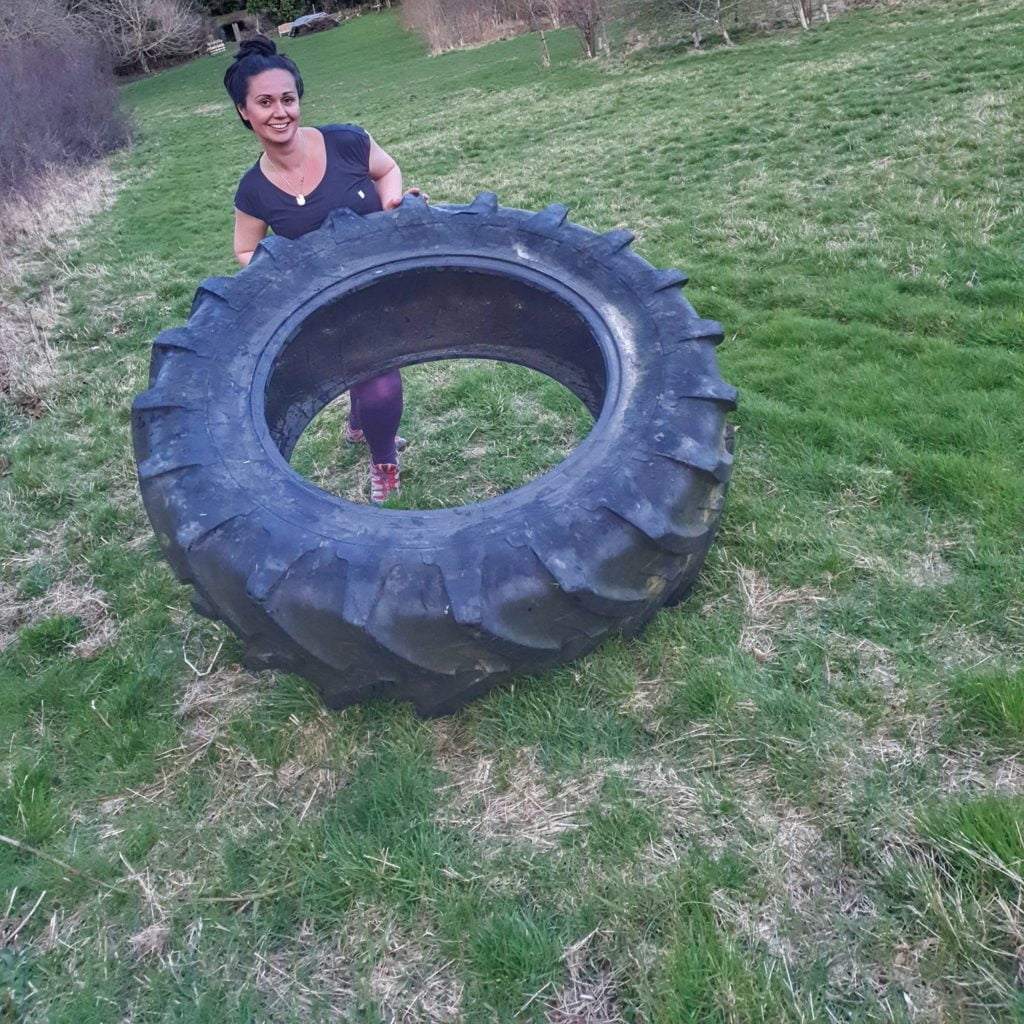
The SUMO advice:
Deep breathing exercises help kids relax and calm themselves when they experience stress or frustration. This enables them to remain calm and process the situation clearly.
My thoughts:
We’ve used some meditation with the children but generally speaking they all respond better to physical activity when they are cross. A run, a workout, a walk and even climbing a tree works best for us.
Embrace Mistakes—Theirs and Yours
The SUMO advice:
Failure avoiders lack resilience. In fact, failure avoiders tend to be highly anxious kids. When parents focus on end results, kids get caught up in the pass/fail cycle. They either succeed or they don’t. This causes risk avoidance. Embracing mistakes (your own included) helps promote a growth mindset and gives kids the message that mistakes help them learn. It can be helpful to talk about a mistake you made and how you recovered from it.
My thoughts:
I think this is hugely important otherwise children get to the stage where they won’t try for fear of failure. I am happy to fail at something with the children watching, talk about that and try again. I think this is really important. Failure is just part of the process towards achieving something. I try to remind the children about when they were babies and learning to walk – they didn’t give up the first time they fell over, so why give up now!
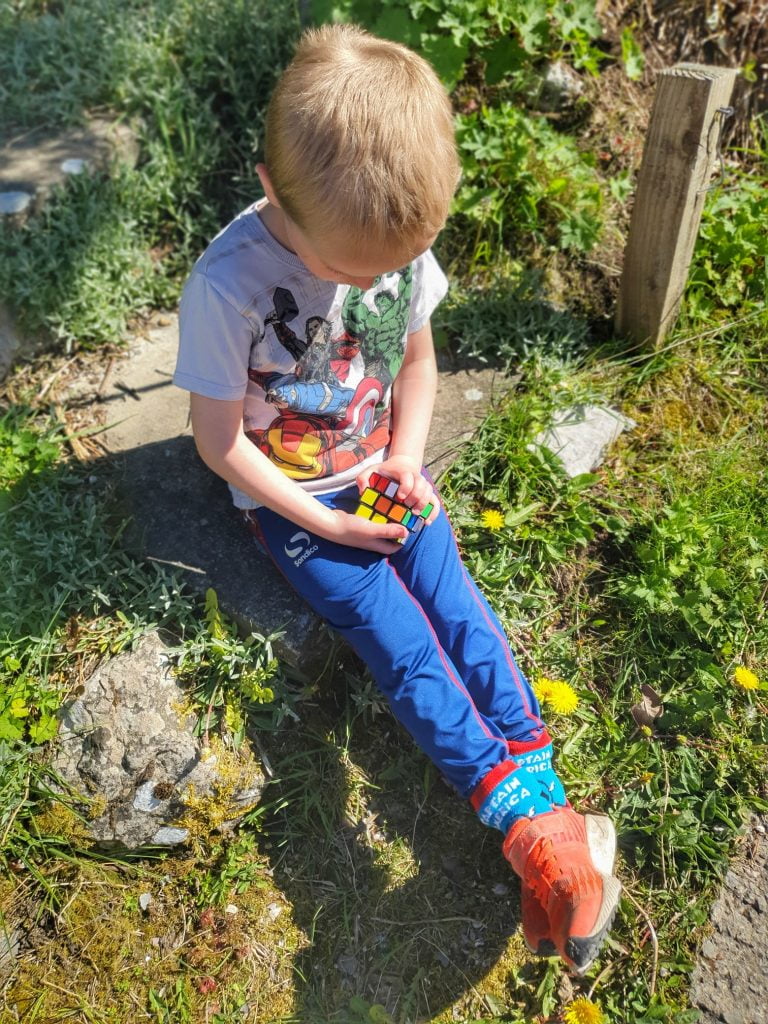
Promote the Bright Side—Every Experience Has One
The SUMO advice:
Optimism and resiliency go hand in hand. Some kids may appear more naturally optimistic than others, but optimism can be nurtured. If you have a mini pessimist on your hands, acknowledge the feelings that lead to pessimistic thinking and teach your child to re-frame their thoughts to find the positive.
My thoughts:
I honestly believe that even in terrible times there are positives to be found. I wasn’t surrounded by all positive people as a child, but both my dad and my maternal grandmother were huge optimists, and that alone shut out any negatives. My dad would always say “thinking optimistically…” – he would find positives in the most negative of situations and I try every day to help my children to do the same.

Model Resiliency
The SUMO advice:
The best way to teach resilience is to model it. We all encounter stressful situations. Use coping and calming strategies. Deep breathing can be an effective way to work through stress. Always label your emotions and talk through your problem-solving process.
My thoughts:
As I said above I know this to be try because this was my experience. I 100% feel that the resilience I saw modelled as a child equipped me to handle all the stressful, upsetting and difficult situations I have ever experienced since. In addition, each of these negative situations has taught me something and become a positive force.
Go Outside
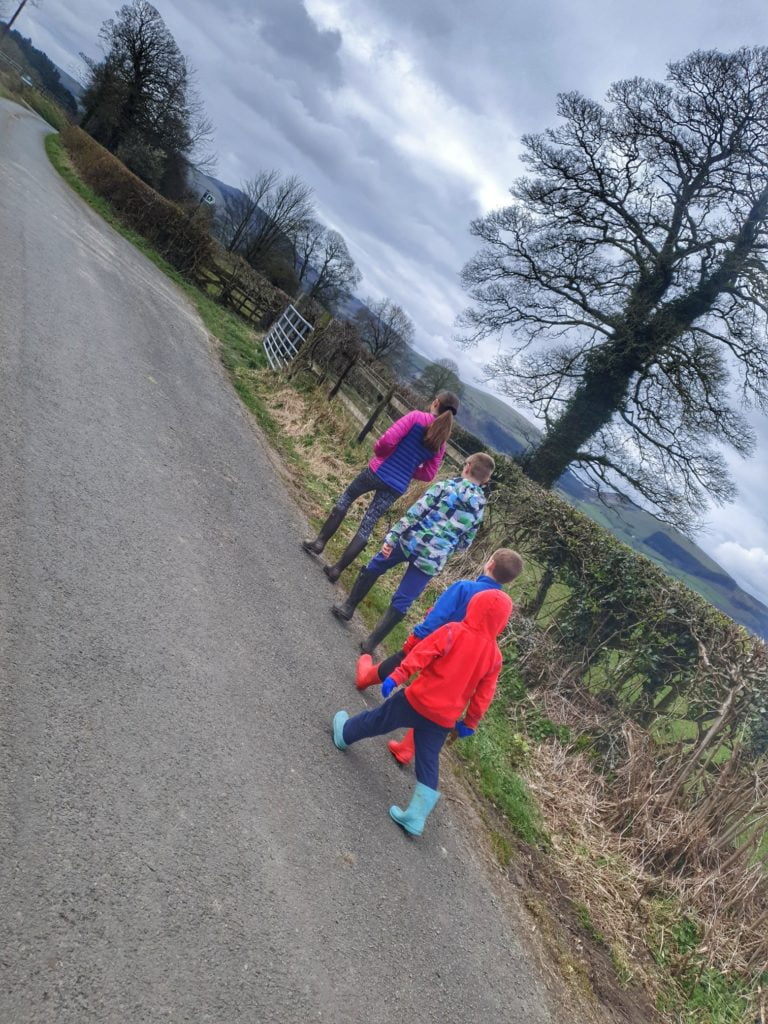
The SUMO advice:
Exercise helps strengthen the brain and make it more resilient to stress and adversity. While team sports are the most popular method of consistent exercise for kids, all kids really need is time spent outdoors engaging in a physical activity. If team sports don’t appeal to your child, encourage them or introduce them to bicycling, playing tag, or even just swinging at the playground. These are all great ways for kids to engage in free play that also builds resilience.
My thoughts:
I fully agree with this. We always feel better when we are outdoors, and we don’t care too much what the weather is doing. I totally agree that sport and physical activity builds resilience and we continue to prioritise this as a family.
Final thoughts
As parents we should be constantly helping our children to become resilient. Building resilience in childhood helps children navigate the obstacles they encounter as they grow. We can’t take away all the pain and stress but we can teach children how to deal with this and use it to build resilence.
My own personal parenting goal is to build resilience in abundance in my children.


2 comments
Very interesting blog there is a lot of positive advice that I will take on board
Good day
The Lockdown Formula is a breakthrough system that allows you to learn how to quickly make money online
using affiliate marketing and using a simple-to-set-up system with basic squeeze pages that take people to an offer.
Especially, it also offers you full traffic generation training.
MORE INFO HERE=> https://bit.ly/3cinYAn